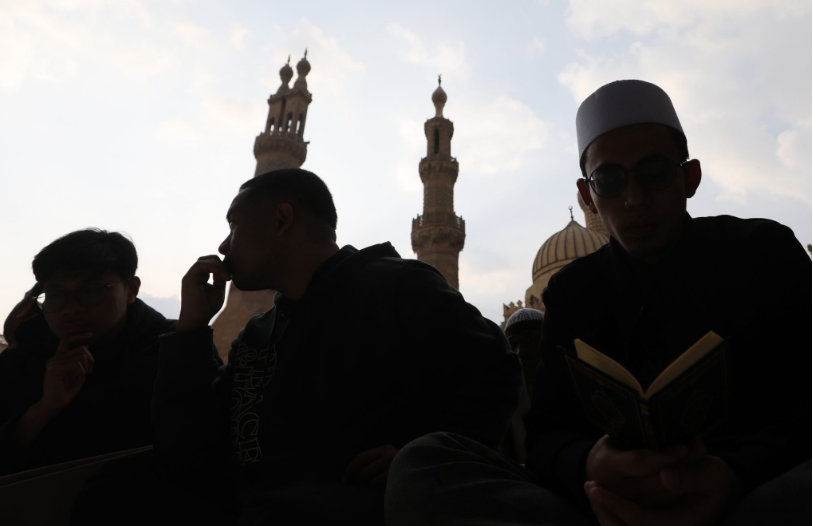
Political Islam, particularly in its jihadist form, has surged in Syria through a volatile experiment, with uncertain outcomes, driven by the civil war’s chaos after 2011. Across the Middle East and North Africa, Islamism has shifted in recent decades between quietism, clandestinity, armed struggle, and institutionalization. In Egypt, the Muslim Brotherhood briefly held power post-2011 uprisings before its ousting, while Tunisia’s Ennahda embraced democratic pragmatism amid secular resistance. Jordan’s Brotherhood opted for loyal opposition, and Hamas in Gaza fused militancy with governance. In Morocco, the PJD (Justice and Development Party) pursued moderate Islamist policies within a monarchy until its 2021 electoral setback, while Turkey’s AKP (Justice and Development Party) under Erdoğan blended Islamism with authoritarian populism, steadily consolidating his power. In Syria, jihadist group Hay’at Tahrir al-Sham (HTS) exploiting the post-2011 vacuum, having ruled in the meantime in the north-west of Syria, forced Bashar al Assad to flee in December 2024 and took over the leadership of the country. A rise to power of a radical Islamist force, rooted in violence rather than electoral legitimacy, which contrasts with the more moderate Islamist experiments in the region, putting political Islam and its myriad facets (again) to the test






